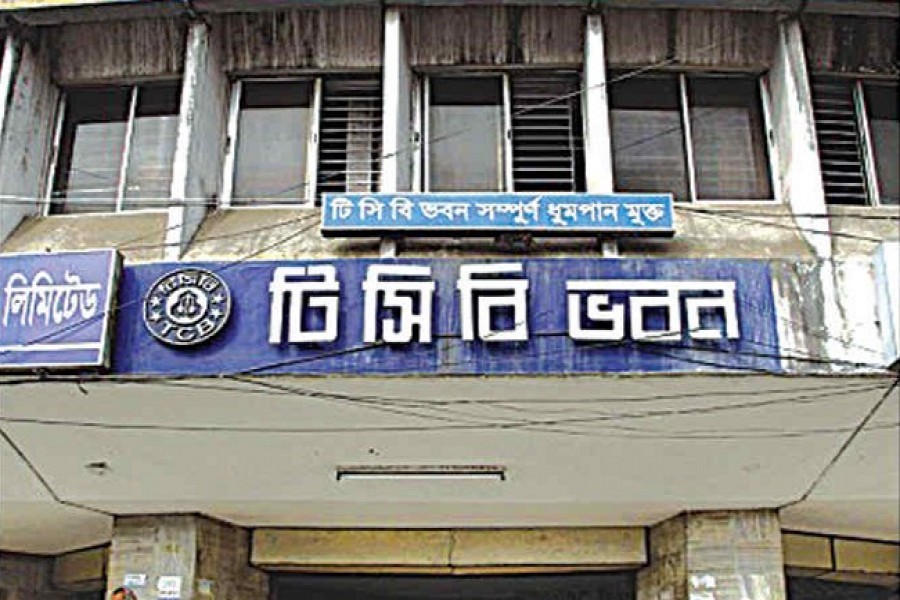
Published :
Updated :

The Trading Corporation of Bangladesh (TCB) has sought over Tk 16 billion as a subsidy to cover the financial loss incurred due to selling essential commodities at subsidised rates for six months, according to officials.
In a recent letter to the Ministry of Commerce, TCB Chairman Brigadier General Ariful Hassan wrote that the trade gap was created to provide food assistance to 10 million people and help maintain stable and affordable prices for essential commodities.
The TCB sought the subsidy for the period July-December 2022, during which they procured commodities like soybean oil, sugar, lentil, gram, and onion from both local and foreign sources for sale at subsidised rates.
Mr Hassan mentioned that the TCB had to obtain "loans against trust receipts" from banks at a 9.0 per cent interest rate. Besides, the corporation paid 2.0 per cent income tax when sourcing commodities from the local market and between Tk 5.0 and Tk 7.0 per kilogram/litre to dealers as operating costs.
Moreover, he wrote that the selling prices of commodities were fixed lower than both procurement prices and market prices, leading to the trade gap.
Therefore, the TCB chairman requested Tk 16.25 billion as a trade gap subsidy from the government to repay the bank loan.
Data shows that the TCB bought 93,640 tonnes of lentils at Tk 11.05 billion but sold them at Tk 6.68 billion, resulting in a trade gap of Tk 5.36 billion (48.56 per cent).
The state-run trading agency also bought 46,091 tonnes of sugar at a cost of Tk 4.41 billion and sold them at Tk 2.33 billion, incurring a loss of Tk 2.07 billion (nearly 47 per cent).
The TCB sold some 9.50 million litres of soybean oil during the period, registering a trading loss of Tk 8.52 billion (46 per cent).
The corporation suffered its largest loss -- in terms of percentage -- from selling onions. It bought 9,522 tonnes of onion for Tk 438 million but sold them for Tk 145 million, incurring a loss of Tk 293 million (nearly 67 per cent).
When contacted, TCB Chairman Mr Hassan told The Financial Express that the higher trade gap for onions compared to other commodities is due to predictive buying practices.
He explained that in late 2022, onion prices remained stable in the local market, requiring higher subsidisation for TCB sales, resulting in a huge trade gap.
syful-islam@outlook.com


 For all latest news, follow The Financial Express Google News channel.
For all latest news, follow The Financial Express Google News channel.